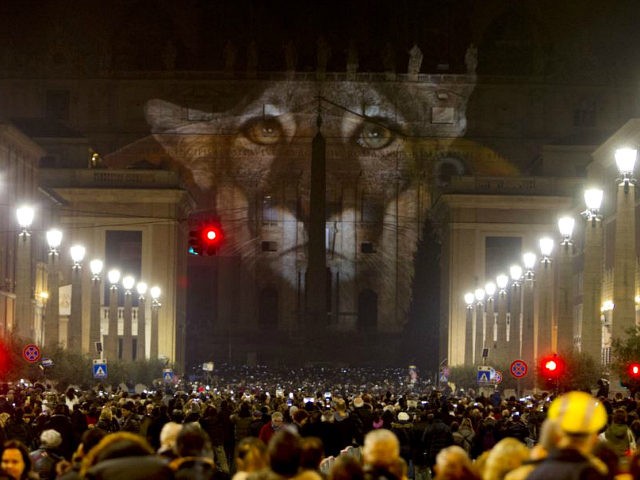An attitude of “denial” of the perils of climate change “must not prevail” if mankind is to successfully combat global warming, the Vatican’s Secretary of State warned Tuesday.
In his message on behalf of Pope Francis to participants in the U.N.’s COP24 climate meeting in Katowice, Poland, Cardinal Pietro Parolin said that information from the U.N.’s most recent climate change report is “even more worrying given that the current commitments made by States to mitigate and adapt to climate change are not sufficient to achieve the objectives set by the Paris Agreement.”
While “it is still possible to limit global warming,” Parolin said, “to do so will require a clear, forward-looking and strong political will to promote as quickly as possible the process of transitioning to a model of development that is free from those technologies and behaviours that influence the over-production of greenhouse gas emissions.”
“The question is therefore this: is there sufficient political will to implement the many solutions we have available to promote the aforementioned model of development?” the cardinal queried.
The Vatican has thrown its full moral weight behind the U.N. climate change program, urging all nations and peoples to adopt the measures of the Paris climate accord to curb CO2 emissions and phasing out the use of fossil fuels.
On the part of the Holy See, it is important that the U.N. Work Programme focus on “easing the impact of climate change through responsible mitigation and adaptation measures,” Parolin said Tuesday.
The cardinal also said that the Vatican believes that a number of points should be included in the core of the Paris Agreement Work Programme, including encouraging “developed countries to take the lead,” advancing “sustainable consumption and production patterns,” and providing “a follow-up and commitment review process in a transparent, efficient and dynamic manner.”
“The scientific data at our disposal clearly show the urgent need for swift action,” Parolin stated.
“The transition to a reduction of greenhouse gas emissions is a problem not only within the domain of technology, but also a question of consumption patterns, education, and lifestyles,” he said. “We are gradually becoming aware that climate change is an issue increasingly more moral than technical.”
Non-state actors in the fight against climate change bring the “voice of the people” to the issue, he said, and show an important dynamic in finding innovative ways to “promote a sustainable production and consumption system, as well as in fostering a change in lifestyle.”
The cardinal also insisted that a “change of mentality is necessary, centred on core values capable of highlighting the ethical and human dimension of climate change.”
“We know what we can do, and what we have to do becomes an ethical imperative,” Parolin said, in what could be interpreted as a call to the faithful to divest themselves of ownership of equity in the fossil fuel industry.
“This obliges us to think seriously about the meaning of financial and economic investments, orienting them towards sectors that really affect the future of humanity, safeguarding the conditions of a worthy life on a ‘healthy’ planet,” he said.
“COP-24 may be a turning point, if it can show that the collaborative and proactive spirit of Paris is still alive,” he said.
“Attitudes such as indifference, resignation and denial, or the limited hope in some technological solution that may be only partial or even counterproductive, must not prevail.”
Follow Thomas D. Williams on Twitter Follow @tdwilliamsrome

COMMENTS
Please let us know if you're having issues with commenting.